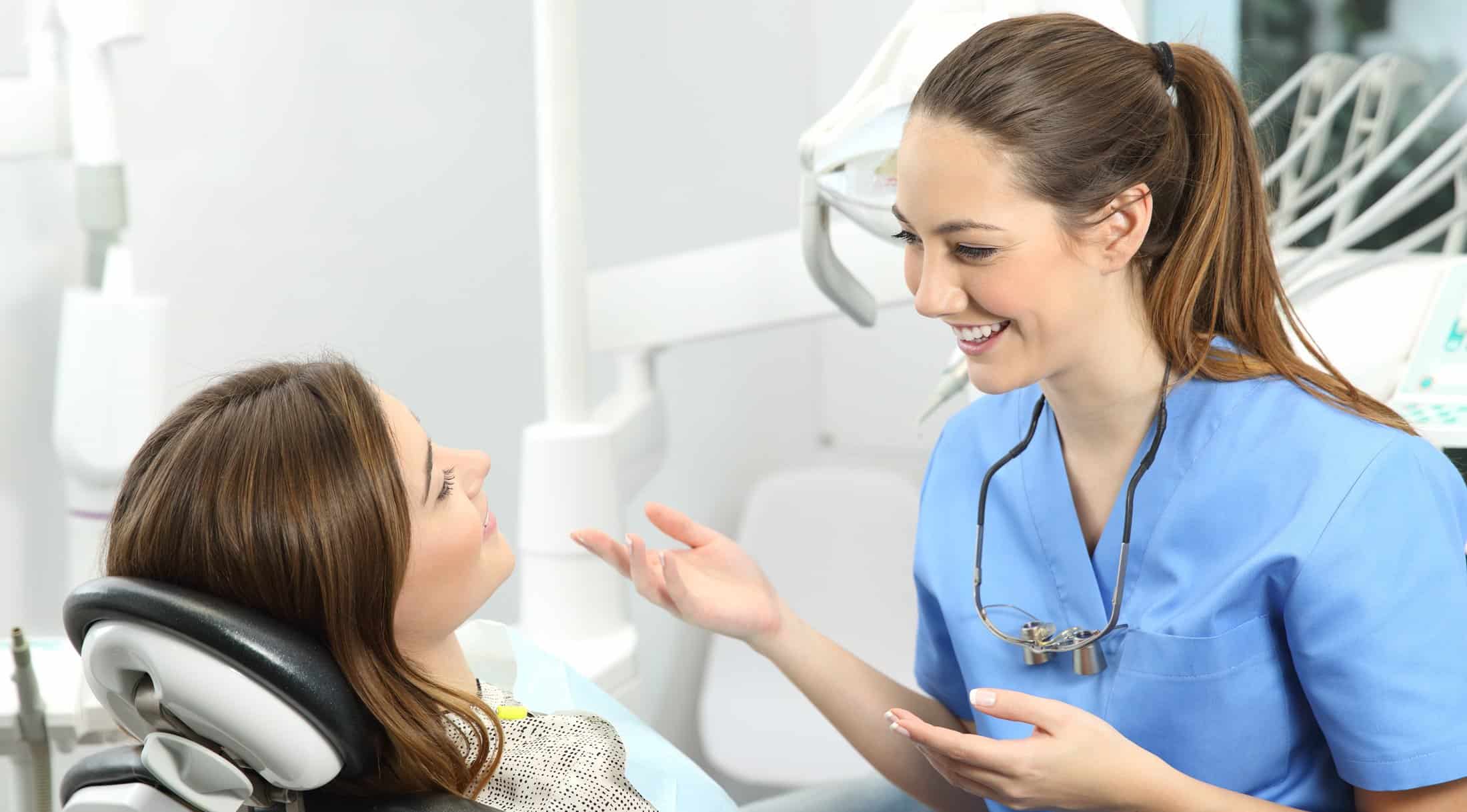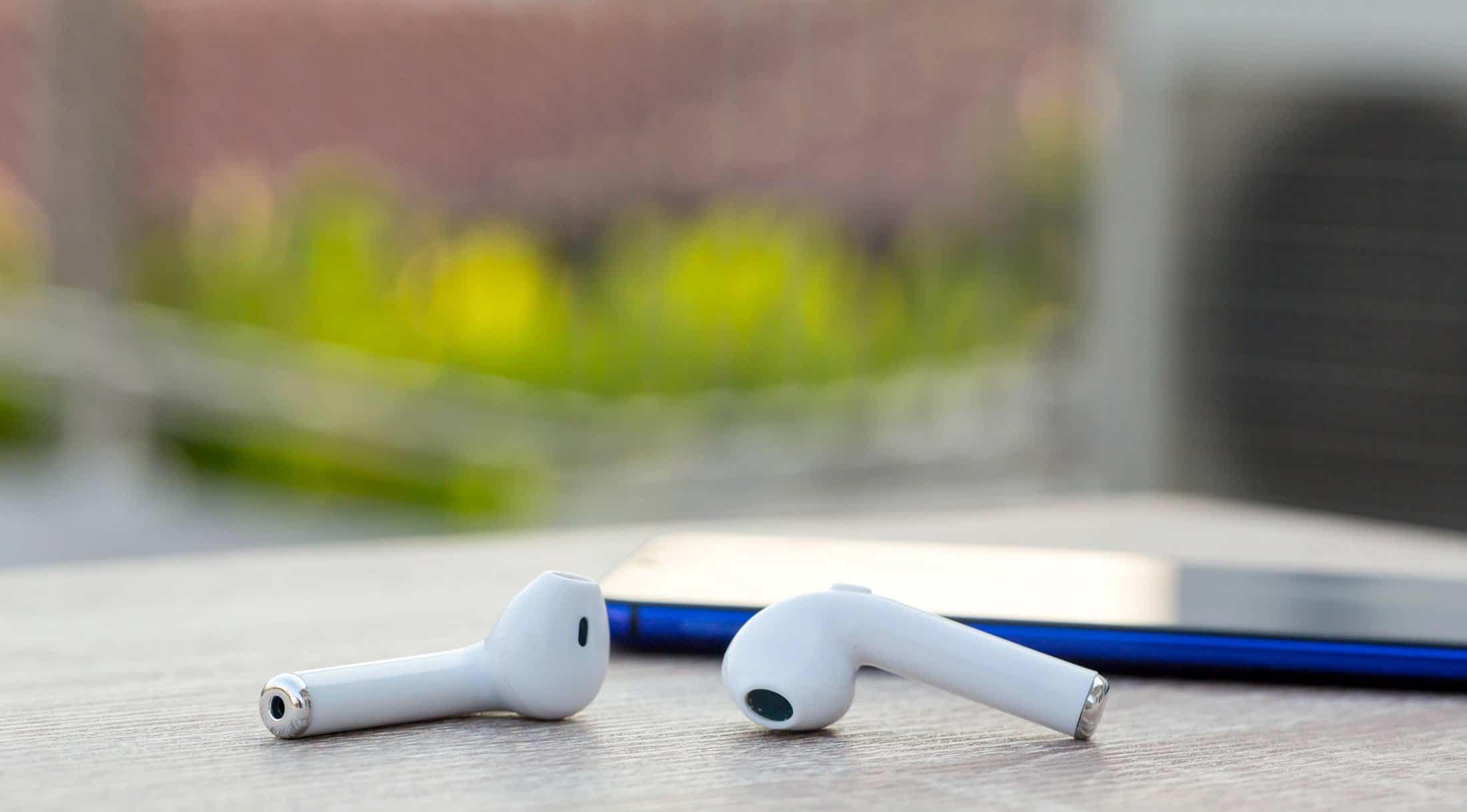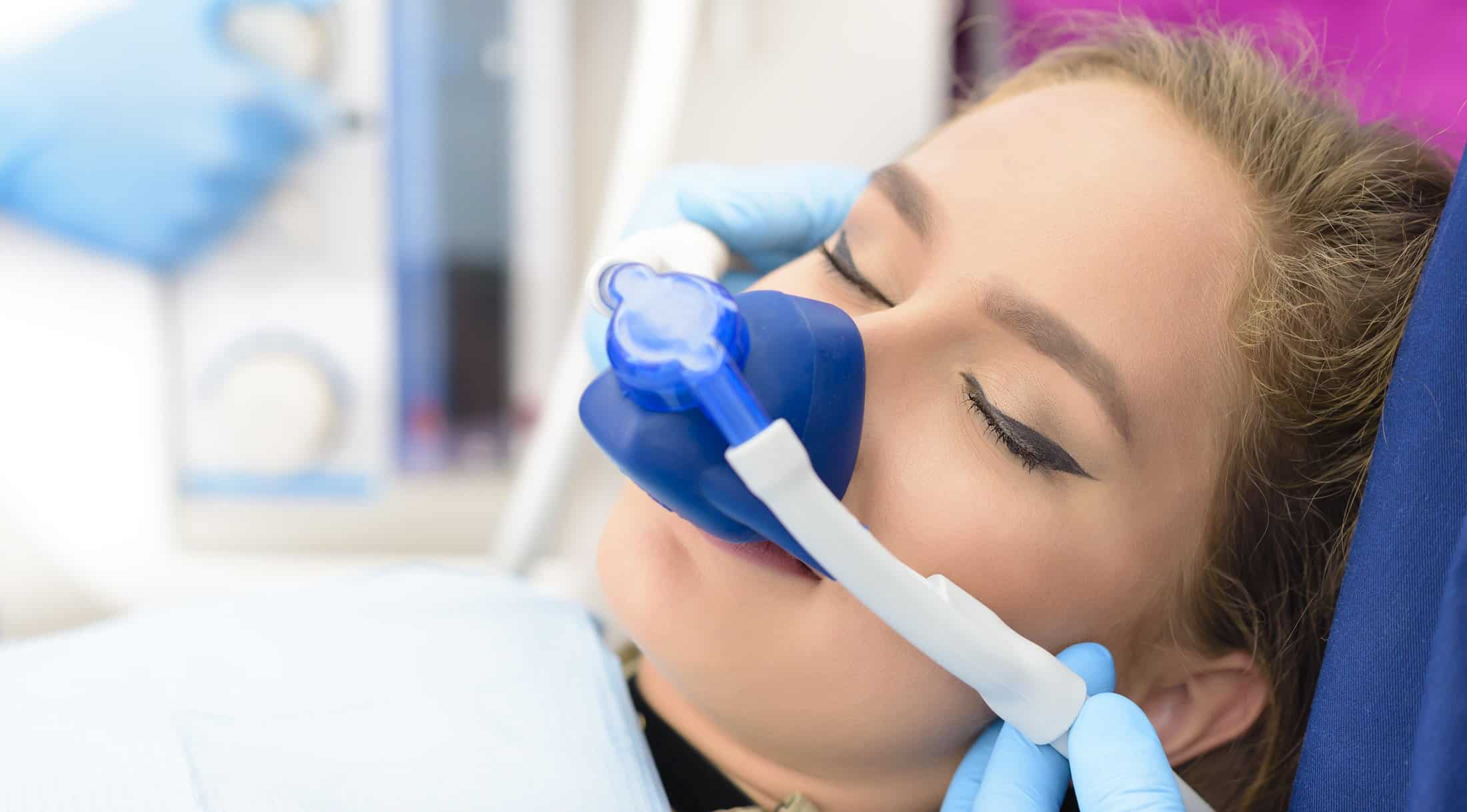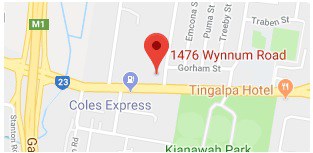Do you get anxious visiting the dentist? According to a study by the Australian Research Centre for Population Oral Health by the University of Adelaide, high dental fear affects approximately 1 in 6 adults and about 1 in 10 children in Australia. Dental anxiety is found to be as high as 1 in 3 among some groups such as middle-aged women. Dental phobia affects about 5% of the Australian population. Having dental anxiety due to the fear of getting hurt or fearing what can be wrong with your teeth affects anybody irrespective of age, gender, education or socio-economic status.
In many cases, dental anxiety is the main reason why people delay their scheduled dental checkups. Regular dental checkups are important as it is a crucial aspect of oral hygiene. It allows your dentist and dental hygienist to look closely at the health of your teeth, gums, and mouth.
Problems that go undetected will be difficult and may require an intensive treatment. If you visit your dentist when something is already wrong with your teeth, it can reinforce dental anxiety in a vicious cycle. In fact, seeing your dentist regularly can make the entire process – from making an appointment to sailing through it, much easier on many levels.

Read below on some strategies you can practice helping ease your anxiety and strengthen your smile.
Have a conversation
Dentists are trained to handle anxiety and to empathise with patients. Anyone with anxiety knows sharing your feelings makes a world of difference.
- When you book your appointment, tell the staff about your anxiety about dental appointments. Remind the dentist and dental staff about your anxiety during the appointment
- A recommended approach in dental anxiety management is ‘tell-show-do,’ which can help to create certainty and trust between dentists and patients
- Don’t be afraid to ask questions. Sometimes knowing what is going to happen alleviates any fears of the unknown
- Agree on a signal. Let your dentist know by raising your hand if you need to take a break during the examination
- If you experience pain even with a local anaesthetic, tell your dentist. Don’t get embarrassed about your pain tolerance or if you need to interrupt your dentist during a procedure. Talk with your dentist about pain before it starts so your dentist knows how to communicate with you and make it more comfortable

Distract yourself
Taking your mind off the procedure may seem impossible when you are anxious, but there are some strategies which can help to distract your thoughts.
- If the dental chair you occupy has a TV screen, ask your dentist to put on a show, movie or music. There is evidence that focusing on visual and audio stimuli can help people with mild to moderate dental anxiety feel more relaxed
- If you like listening to music, take your headphones to the appointment. Wearing headphones blocks out noises made by the drill or other equipment
- Keep your hands occupied by squeezing a stress ball or playing with a small handheld object, like a fidget spinner
- Imagine you are in a happy place and visualise yourself at a relaxing beach or garden

Use relaxation techniques
Many people find relaxation techniques useful to reduce anxiety.
- Relaxation starts in the mind. Try deep breathing exercises to help relax tension in your muscles. Count your breaths. Inhale slowly and then exhale for the same number of counts. Do this at home or when you are waiting for your appointment or even when you are sitting in the dental chair
- Do a body scan. Concentrate on relaxing your muscles, one body part at a time. Start with your head and work your way down to your toes. For example, you can focus on releasing tension starting in your forehead, then your cheeks, your neck and down the rest of your body

Dental sedation
If nothing works, you can ask your dentist for sedation. However, depending on the type of sedation, there may be side effects such as drowsiness which can affect your recovery time. You dentist will explain these risks so you can make an informed decision about your health.
The three common types of conscious sedation are:
- Inhalation sedation (nitrous oxide or ‘happy gas’)
- Oral sedation
- Intravenous (IV) sedation
Conscious sedation may only be administered by a dentist endorsed by the Dental Board of Australia.
If you have severe dental phobia, general anaesthesia can be an option, but you need have a lengthy discussion with your dentist as this can involve a higher risk.
Have dental anxiety? We can help. Call our friendly team on 3390 6100 or email us for more information on General Dentistry or Cosmetic Dentistry. Or click here to book your appointment.
Source: Compiled from Australian Research Centre for Population Oral Health and other websites.












I found this article very interesting, thanks for sharing